News

Russian oil tanker detained by France may be involved in launching drones over Denmark
The Boracay tanker detained by the French Navy was near Copenhagen on the evening of September 22.
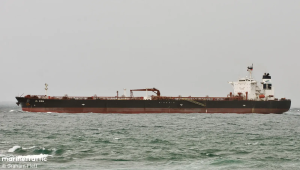
France Detains Russian Shadow Fleet Tanker on Suspicion of Sanctions Violation
French authorities are investigating a possible violation of sanctions by the Benin-flagged tanker Boracay, which is under British and EU sanctions.
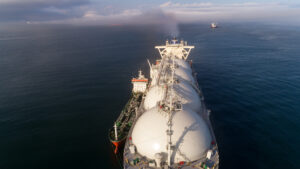
Three EU countries spent more on Russian LNG than on aid to Ukraine
Three EU countries spent more on Russian LNG than on aid to Ukraine
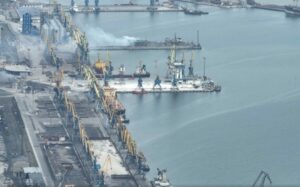
A sea crossing point across the “Russian border” is being prepared in the port of Mariupol
The invaders plan to open a sea crossing point across the “state border of the Russian Federation” in the Mariupol port.

Fishermen in Turkey found a sea drone — it could be a Ukrainian Magura V5 (photo)
At night in the Turkish city of Trabzon, local fishermen found a sea drone that may be Ukrainian.

A gas tanker with the seventh batch of gas from the sanctioned Arctic LNG-2 arrived in China
The Arctic Vostok gas tanker carrying cargo from the Russian Arctic LNG-2 project has docked at the Chinese terminal in Beihai, Guangxi Province.
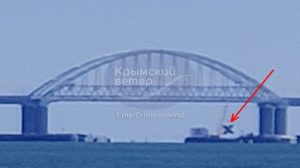
Russia again blocks Kerch Strait from Ukrainian naval drones
The invaders continue to erect barriers near the Kerch Bridge, effectively narrowing the waterway and restricting shipping.
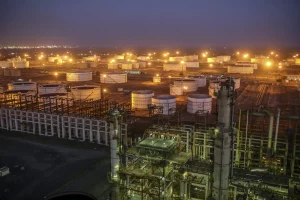
Indian refinery with Rosneft stake resumes operations despite sanctions, — Bloomberg
Nayara Energy Ltd., an oil refinery in India, partly owned by Russia’s Rosneft, is gradually restarting operations after a crisis caused by sanctions.

Nibulon plans to reach pre-war share in grain exports
Agroholding Nibulon plans to restore its pre-war share in total grain exports from Ukraine to 10-12%.

A businessman from Mykolaiv tried to sell naval artillery of the Defense Forces to Russia
The Security Service has prevented the export of critical components for ship artillery installations from Ukraine.
